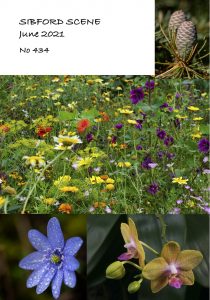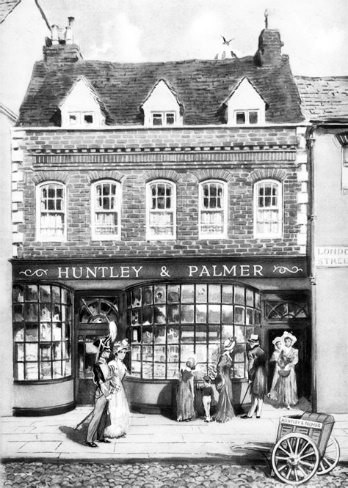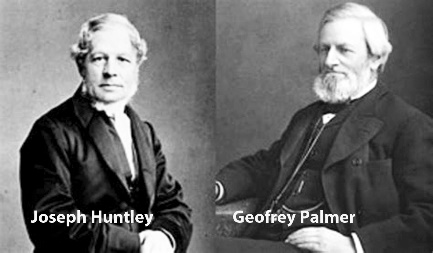Suneday Smallholding - Dawn Chorus
On the third attempt (due to the awful weather), ten villagers met up with Iain Brown at 0430 for the Dawn Chorus walk. It was a lovely morning, starting with very little wind and mainly clear skies. Robins and Blackbirds sang as people arrived, but just prior to this, at about 0420 Wendy Wealsby heard the male cuckoo calling. I missed it as I had popped back inside to use the loo! Luckily we all had another opportunity to hear it as one called again at around 0600. Examples of other birds heard were the all year round residents; Great Tit, Blue Tit, Long Tailed Tit, Bullfinch, Chaffinch, and Dunnock. The Wren stood out not only because, for one of our smallest birds it has the loudest and arguably most striking song, but the fact that there was one singing at every point on our walk. Song Thrushes were also notable for their abundance and in fact were heard more during the morning than blackbirds, probably due to the latter which, being early nesters, were busy feeding their young. Iain picked out the song of a Mistle Thrush singing somewhere near Gibraltar Quarry and Goldcrests were heard at Temple Mill singing their very high pitched ‘jangling keys’ song above the din of the rookery. Warblers, which, along with the cuckoo, have migrated here to breed, included Blackcaps, Willow Warblers and Chiffchaffs. A Raven, Red Kite and a Herring Gull featured as the largest of the morning’s birds. My thanks to Iain for leading the walk and, for anyone still not sure of the Wren’s song, please pop back for another listen.


